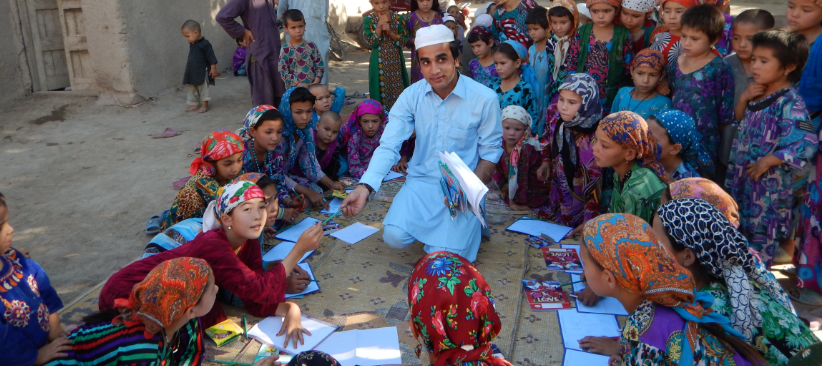Food security is one of PACo’s core strategic objectives, aimed at ensuring sustainable household food security for the poorest and most marginalized groups in society. This includes women, persons with disabilities, returnees, IDPs, and other vulnerable populations. PACo adopts a rights-based and community-centered approach to food security by promoting sustainable agriculture, enhancing and diversifying livelihoods, and improving nutritional outcomes across its target areas.
Aligned with the four internationally recognized pillars of food security, Availability, Access, Utilization, and Stability, PACo’s interventions are designed around an integrated and multisectoral strategy. Key programmatic priorities include: protecting and strengthening agriculture-based livelihoods; promoting climate-resilient and sustainable agriculture and livestock practices; enhancing community nutrition through behavior change communication (BCC) and access to diverse, nutrient-rich food; and building the technical and organizational capacity of farmers, herders, and food-insecure households. PACo also actively promotes agricultural technologies, supports inclusive market linkages and value chains, and engages in policy advocacy to bridge the gap between grassroots food security realities and national and international agendas. PACo’s food security interventions are implemented with the generous support of reputable donors and funding partners, including UNFAO, ActionAid, and Welthungerhilfe (WHH). These projects encompass a wide range of activities such as emergency food assistance, livelihood restoration, climate-smart agriculture, nutrition-sensitive programming, and community-based food security assessments. PACo also contributes to national coordination platforms such as ACBAR and the UN-led Food Security and Agriculture Cluster (FSAC) in Afghanistan, ensuring that local voices inform broader humanitarian and development frameworks.
2. Agricultural and Livestock Development
- Technical Capacity Building: Training farmers and herders in modern, sustainable techniques for crop production, livestock management, and climate-smart practices.
- Sustainable Agriculture Promotion: Introducing eco-friendly practices including organic fertilization, composting, green manure use, and agroecology.
- Climate-Resilient Farming: Enhancing agricultural productivity through access to certified and climate-resilient seeds and improved farming technologies.
3. Promotion of Protected and Efficient Agriculture Systems
- Protected Agriculture Technologies: Promoting greenhouse farming and other protected systems to increase yield, extend growing seasons, and enhance food security.
- Irrigation Infrastructure: Improving traditional irrigation systems and introducing drip irrigation technologies to increase water efficiency and mitigate drought risks.
- Soil and Land Protection: Supporting interventions to prevent land degradation, flooding, and soil erosion.
4. Livestock and Pastoralist Support
- Livestock Nutrition and Health: Improving feeding systems through capacity building in concentrate feed, mineral block making, and urea treatment.
- Veterinary and Breeding Support: Supporting livestock immunization campaigns and enhancing breeding practices for herd quality improvement.
- Pastoralist Training: Building herders’ capacity in animal husbandry, pasture management, and sustainable grazing practices.
5. Market Access and Value Chain Development
- Value Chain Integration: Facilitating farmers’ and herders’ engagement in value chains and improving post-harvest handling and processing.
- Market Linkages: Assisting producers in forming associations and cooperatives to strengthen bargaining power and access local and regional markets.
